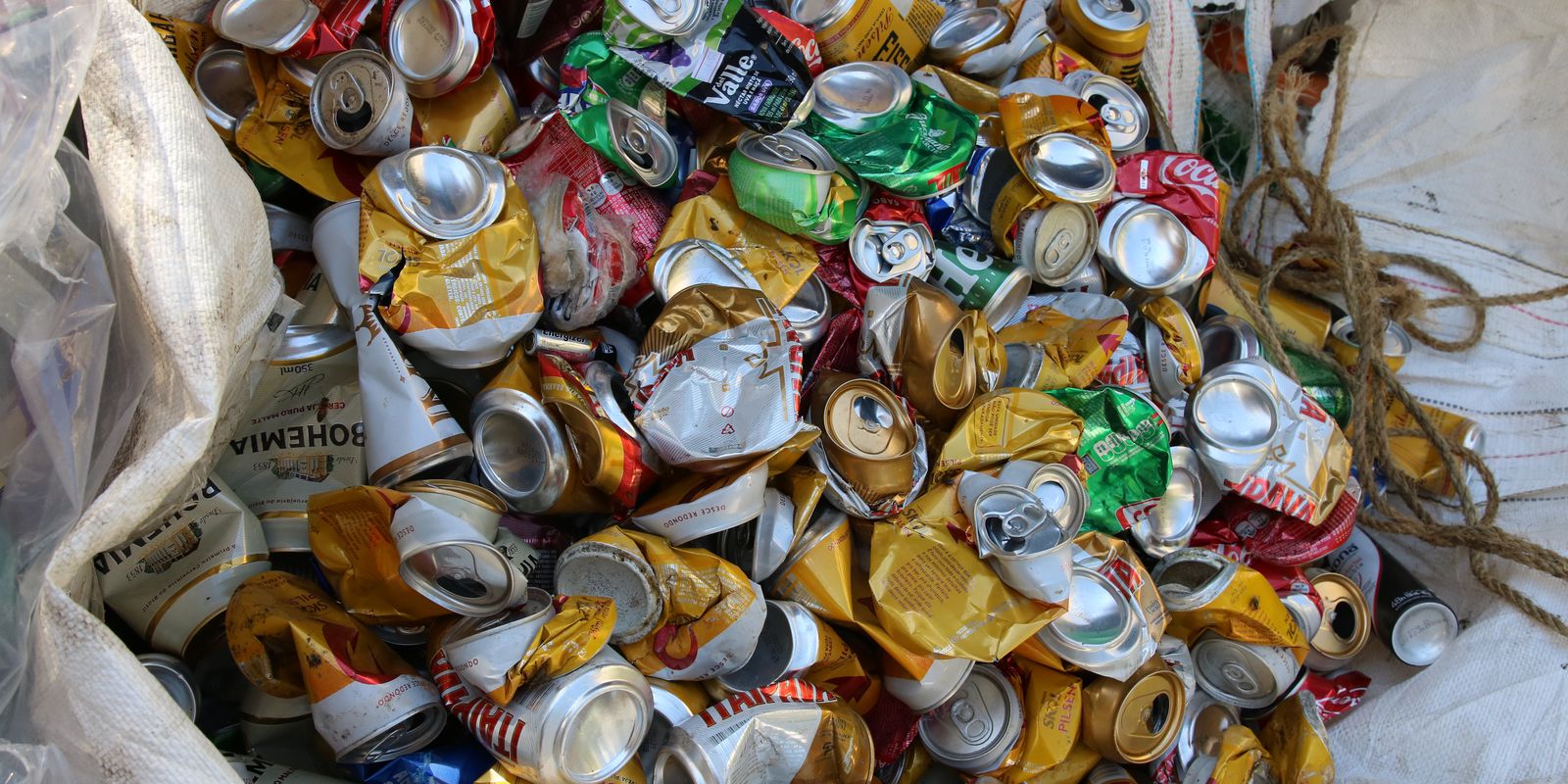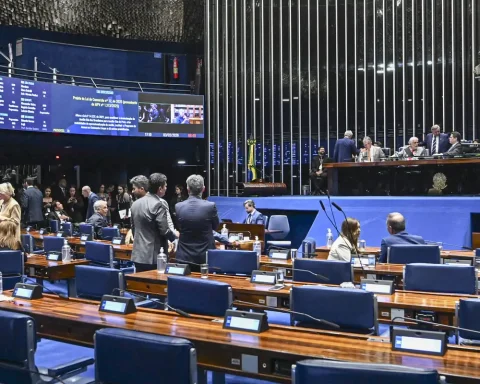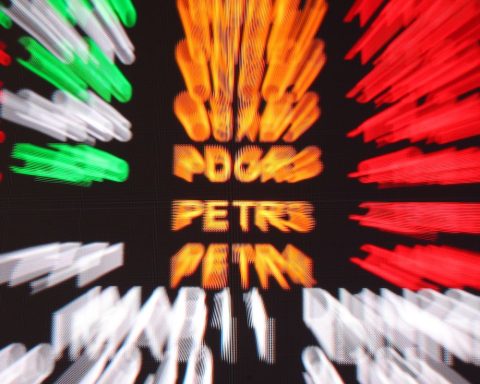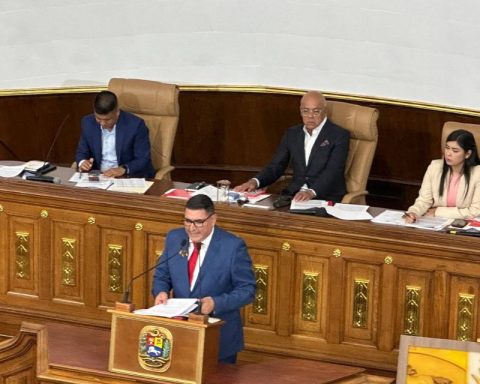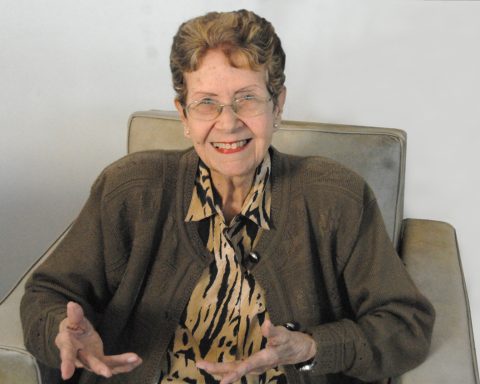Self-employed collectors individually collect, on average, 7.5 tons of recyclable material per month, according to a survey by the Cataki platform, a non-profit application that brings together waste producers and collectors. O lifting, which draws up a sociodemographic and economic profile, interviewed 421 workers, of which 156 use the platform. The questionnaire was applied in São Paulo, Belo Horizonte and Rio de Janeiro. With this collection average, it is estimated, for example, that the 1,700 professionals who use the application in São Paulo collect 1.6 times more than the official municipal selective collection. 
the coordinator of advocacy from the non-governmental organization Pimp My Carroça, Carlos Thadeu Oliveira, who developed the platform, points out that the estimate is conservative and that the impact is even greater. “Just to give you an idea, we can infer that, in São Paulo, we have something between 15,000 and 30,000 informal collectors”, he estimated. The data was projected based on the density of inhabitants per collector, considering censuses carried out in other cities, such as Santo André and Porto Alegre. According to the Institute for Applied Economic Research (Ipea), Brazil has at least 800,000 collectors.
“The idea is to show that without them we will not reach any recycling goal, neither via reverse logistics from companies nor via municipal selective collection. If the collectors, in the cooperative form or in the form of independent workers, are not incorporated into this, we will not reach any reasonable percentage of recycling and, therefore, of reduction of climate damage that we see”, evaluates Oliveira. Cataki’s impact calculator estimates that the work of these professionals saves natural resources that, for example, would supply electricity to 9.6 million homes for a month.
Data
The report recalls that the self-employed collector is on the street without a job, in a scenario of hard work and not very receptive on the part of society. In this sense, the survey shows that half of the interviewed Cataki users have already been prevented from entering commercial establishments, 67% were victims of prejudice and 63% point out that they were closely watched by security guards. For those who do not use the platform, 26% said they had already had their wagon seized by the city hall. For those who are registered, 21% had their work instrument collected.
??[Precisamos] Cease repression actions against collectors, seizure of wagons. They are seen as bandits or criminals who are disputing recyclables in cities. It’s not that. In fact, they’ve been doing all the recycling work since forever. These city halls need to stop this type of repressive measure that is vexatious and even prejudiced”, criticizes the coordinator of Pimp My Carroça.
Regarding the sociodemographic profile, 72% of the collectors who use Cataki identify themselves as black and brown. Those not registered add up to 81%. ??[Entre os usuários da plataforma] It is a slightly whiter profile than the general profile of collectors, but even so, you can see that it is a professional category that suffers a lot from environmental racism, because the percentage of black and brown people is much higher than in the general population”, says Oliveira.
Although it is not possible to establish a direct causality, he believes that the difference may be related to the fact that the person using the application already comes from a better socioeconomic condition and also from a higher level of education. Among app users, 28% completed high school compared to 15% among non-users. Among the non-registered, 36% did not complete elementary school 1, and 14% of those registered are in this range.
Among respondents, men are the majority: 75% of non-users, while 62% among users in São Paulo. In Belo Horizonte, 80% of non-users of the application are men against 56% of non-users. In the capital of Minas Gerais, 44% of the app’s users are women. In Rio de Janeiro, 66% of app users are men, and among non-users the number rises to 76%. “Most likely, the application may bring some greater security to women who do this job”, suggests the coordinator.
“The majority [das pessoas] look at the collector as if the last option the guy had was this one. In the eyes of society, it is not a choice, but a lack of option. It’s not the same look we have as a professional. It is a worthy service”, comments one of the interviewees in the qualitative stage of the research.
Proposals
Oliveira reinforces that the objective of the research is to draw attention to these workers who are seen all the time on the streets, but who, in terms of numbers and public policies, are invisible. ??[Queremos] bring the beginning of the debate around the quantities, these values that are moved by hands that are black, that are vulnerable, that are invisible and are not objects of any effective public policy.”
One of the proposed actions is to insert the collectors in a remunerated way in the selective collective. “We already have some cooperatives that are included, but they have an absolutely insignificant income”, he evaluated. According to the coordinator, in some models, the involvement of cooperatives is done with the purchase of material gathered by them, but Oliveira defends that they should be paid for the service actually provided.
He also defended payment for environmental services. “You are here delivering saved environmental resources and you should have a more or less fixed income for that. This is interesting because it removes the collector from the market price fluctuation of recyclables.”
In addition to the Government, the coordinator draws attention to the role of companies. “Companies should look at them as people who provide a highly qualified service, because, it is worth saying, recycling done by the picker is much more efficient than collection done by a compactor truck that mixes everything.”
The complete survey can be found at site by the NGO Pimp My Carroça.
